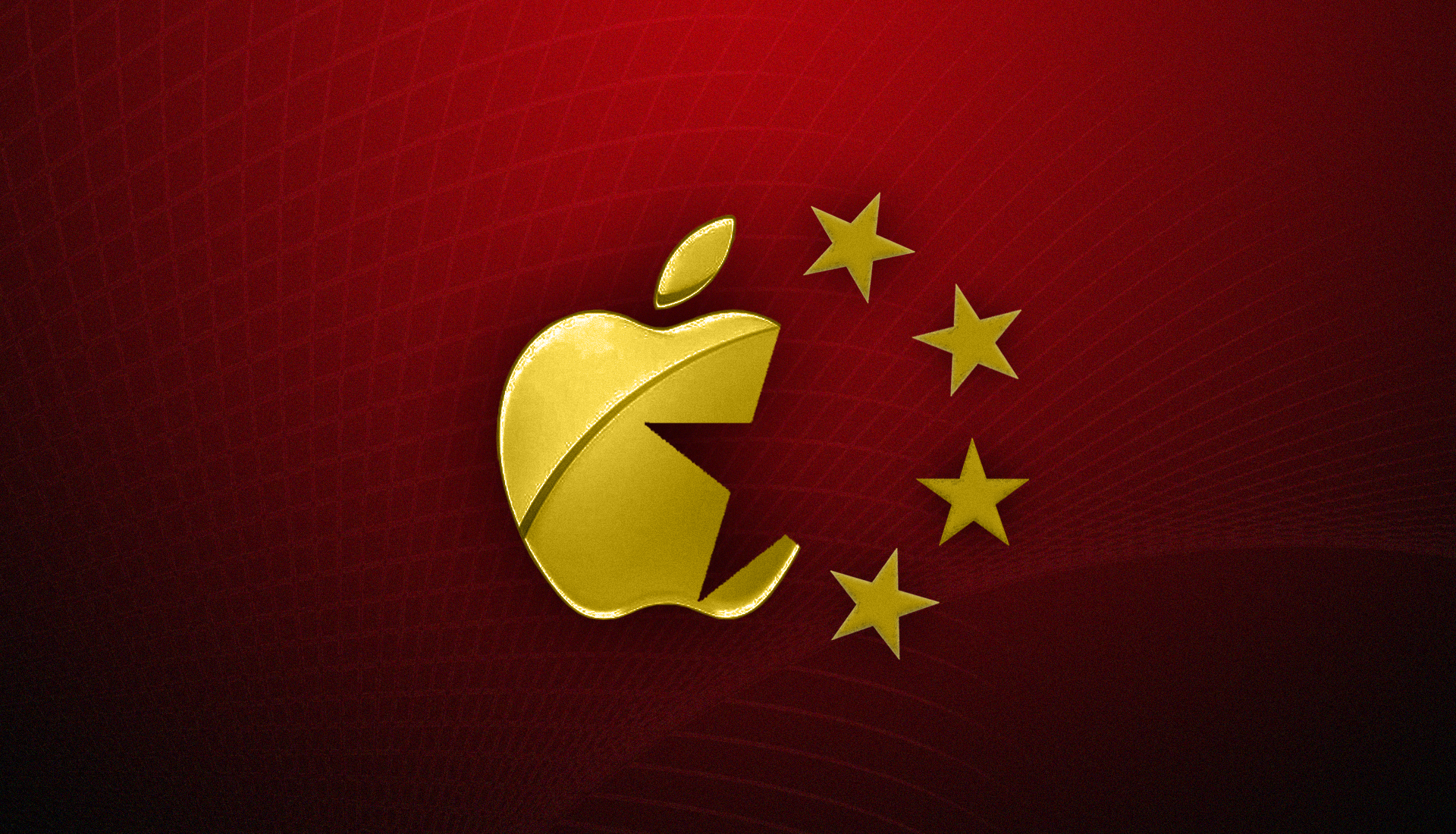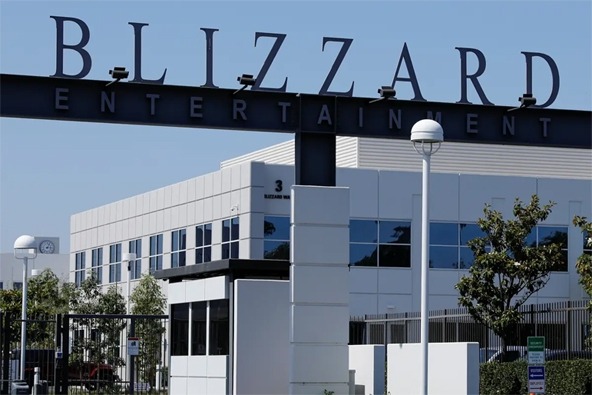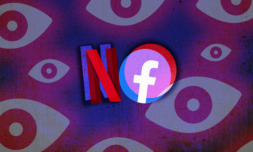Apple is the latest company to sacrifice ethical consistency for profit, prostrating to demands from the Chinese government.
Apple has come under fire this week for caving to pressure from the Chinese media, and the Chinese government, to repeal an app called HKmaps. The app is an information sharing service currently being used by protestors in Hong Kong to crowdsource information about street closures and police presence.
HKmaps uses emojis to denote live ‘heat areas’ of police activity, and alerts users to where demonstrations are taking place. This information has helped demonstrators target protest zones more effectively and avoid what is an increasingly worrying trend of police violence.
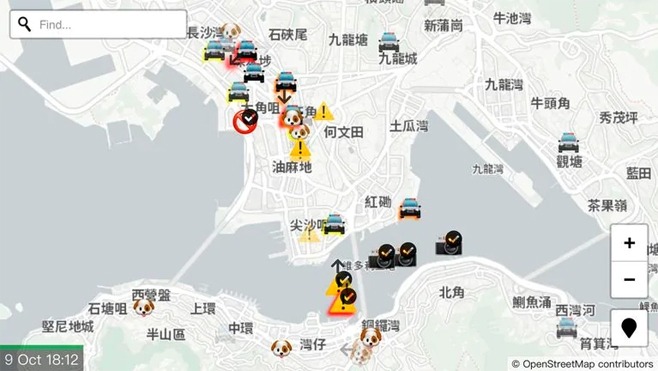

The Chinese government was, unsurprisingly, furious at the continued presence of this app on the store. Hell bent on removing anything that could aid the protesters, whether it be an app or a show of support from a popular gamer, at the moment anything pro Hong-Kong is being considered inherently anti-China and is eradicated without mercy.
An article in Chinese publication China Daily this week attacked Apple for reserving an earlier decision to not allow the app to be listed on the iOS store, claiming that the app is ‘allowing the rioters in Hong Kong to go on to violent acts’.
‘Business is business, and politics is politics’ the completely unbiased and definitely not at all paid off by the Chinese government journo goes on. ‘People have reason to assume that Apple is mixing business with politics, and even illegal acts. Apple has to think about the consequences of its unwise and reckless decision’. You might want to plump up the veil on that threat, it’s looking a bit thin.
In response to this international pressure, Apple decided to announce the removal of HKmaps at the app review stage, citing that ‘the app allowed users to evade law enforcement.’
The hypocrisy in this is hard to miss, and many have taken to Twitter to point out that the Google-owned Waze app literally describes one of its functions as helping users to ‘avoid police’ in its iOS listing.
At the time of writing Apple has pulled the app from the iOS store but its future is uncertain. A spokesperson for Apple has apparently told Techcrunch that a new iOS approved version of HKmaps is ‘coming soon’.
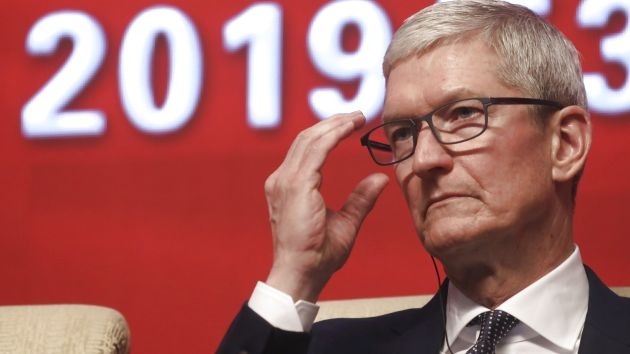

This is but the latest in a string of multi-national clashes attesting to the fact that the Hong Kong protests are fast becoming an issue of international significance, causing tensions rarely seen since the Cold War.v
The protests have recently entered their seventh month and have metamorphosed over time in response to China and its own government’s reaction to the unrest. It’s inaccurate to state that the protests began in response to a simple contention over an extradition policy – the outrage behind Carrie Lam’s acceptance over the bill was steeped in underlying concerns about China’s influence on Hong Kong’s supposed democracy.
However, these concerns have become more pronounced over the months as China uses propaganda and encourages police violence in order to quell demonstrations.
As the protesters are more and more brutally repressed, having the unreality of their freedom confirmed for them more clearly than ever before, they’ve called for the west to offer both vocal and financial support.
Far from standing up for the principles we as democratic nations claim to hold dear, our governments have stayed remarkably silent on the issue, prioritising strong trade relationships with China over standing with Hong Kong.
The move by Blizzard and now Apple to blatantly de-platform supporters of the protests or protesters themselves is an even more insidious display of cowardice. It’s a blatant show of support for China, and evidence that they’re liable to be strong-armed into ethically dubious situations to support their bottom line.
United States Senators Marco Rubio and Ron Wyden have both tweeted their condemnation of Blizzard’s decision to ban pro-Hong Kong Hearthstone player Blitzchung for showing his support for the protesters. Wyden states that ‘no American company should censor calls for freedom to make a quick buck’.
It’s Rubio’s tweet, however, that strikes me as more chilling:









